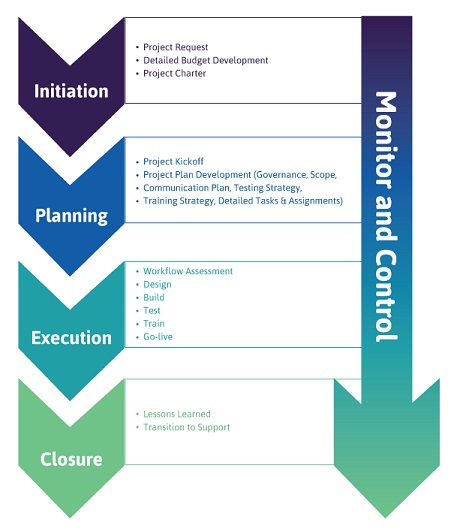
Our quality assurance standards ensure you receive content that is cohesive, linguistically correct and contextually relevant to the target audience. Our change management experience enables us to deal with large and small organisations alike.
LOCALISATION PROCESS
During the process of localisation, we set up communication channels between our localisers and the appropriate people on the product team according to agreed responsibility matrices and project escalation procedures. Localisation milestones are clearly communicated to project team members to ensure that due time is given to each project in order to achieve high quality for every deliverable.
Read more
Read less
QUALITY OF LOCALISED CONTENT
In order to guarantee the quality of localised content, each translated element is verified by a native Arabic speaker for the accuracy of vocabulary, grammar, context and culture. Functional testing is also performed in the case of websites and Online Help, in order to identify any shortcomings in the user interface. Similar checks are carried out for audio recordings. The terminology used in the translation process is based on localisation glossaries that are reviewed before the translation process begins, to ensure it fulfills project objectives.
Read more
Read less
WORKFLOW OPTIMISATION
Most of our clients have challenging deadlines; whether they are an agency or the end-client, they all have internal and external challenges that we have learned to appreciate, and that we exert every possible effort to accommodate. We do this by ensuring that our internal workflows are optimised for each client to the best possible extent, in order to standardise the level of service to all. Our project tasks are scheduled in such a way to take into account dependencies with the change, revision and approval processes of various clients, as each has a different approach to the handling of their outsourced jobs.
PROFESSIONAL DELIVERY
We follow a professional approach to content creation, translation and localisation. Whether we are creating new Arabic content or adapting existing content to the Arabic language and culture, we follow simple but very effective procedures that ensure the final deliverable is of high quality and optimised for both the audience and the vehicle through which it is being communicated.
ADAPTING EXISTING CONTENT TO LOCAL CULTURE
We give cultural adaptation equal importance for content we create, as well as for content we adapt. This is particularly important for the localisation of websites and content in social media networks. The details of a website’s layout and its composition must appeal to representatives of the relevant culture. If a website is translated without being localized, the output would be a website that just has the language of the target country, this is perceived as artificial and not appealing to site visitors of that country.
Read more
Read less
CREATING CONTENT FROM SCRATCH
We specialise in creating original Arabic content for private and government publications, marketing collateral and online assets. We have successfully built brand reputations through compelling content that has had immense positive payback for our clients. Some clients for which we have created content and adapted content to Arabic include: Etihad Airlines Inflight Publications, Dubai World Trade Center events, Dubai International Jewellery Week, Gulfood (the world’s annual biggest food and hospitality show), Dubai International Boat Show, Careers UAE (the region’s leading recruitment, training and education exhibition), GITEX Technology Week, and CABSAT, to name just a few.
